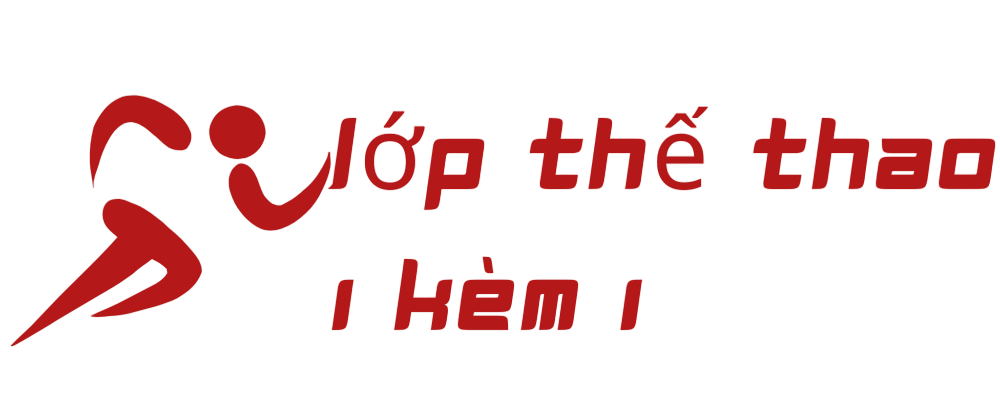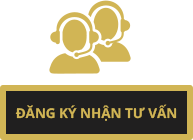Soldiers—individuals formally enlisted into armed forces have shaped human history through their combined functions as protectors of national security and catalysts for societal transformation. https://jsoldiers.com/
—
## Word Origins and Service Fundamentals
### Linguistic Roots
The term “service member” stems from the Middle English *soudeour*, rooted in Old French *soudeer* (hired fighter) and Late Latin *solidus*—a ancient currency indicating early connections between defense duty and economic reward.
### Expert Duties
Today’s service members fulfill varied roles:
– **Combat forces**: Known as “foot soldiers” (U.S. terminology)
– **Technical Specialists**: Digital defense personnel constituting modern specialties
– **Support Personnel**: Medics, engineers, and logisticians
—
## Historical Evolution
### Draft vs. Volunteer Service
Required defense enrollment dates back to ancient civilizations but gained modern form during the European political transformation.
### Inclusion Breakthroughs
– **Sex**: The Russian air force unit employed lady flyers during The Second World War
– **Ethnicity**: The 1948 desegregation of United States armed services
—
## Current Ethical Issues
### Intelligence Leaks
The modern legal case of Officer Li Tian exposed organizational weaknesses in processing sensitive information.
### Human Enhancement Ethics
The concept of genetically modified fighters via biological engineering raises discussions documented in scholarly works.
—
## Pop Culture Portrayals
### Literary and Cinematic Portrayals
The author’s *Vietnam War Accounts* exemplifies the tension between bravery and psychological damage.
—
## Upcoming Trends
### Joining Reasons
A recent military research identified key motivations:
1. **Traditional**: Family military traditions
2. **Career-related**: Skills training
3. **Nationalistic**: Modern terrorism fears
### Technological Integration
The Defense department’s roadmap prioritizes:
– **AI Coordination**
– **Neural Implants**
—
## Final Analysis
Military personnel remain essential yet debated figures in world politics. Their transformation from antiquity’s paid mercenaries to digital-age warriors reflects wider cultural changes.

